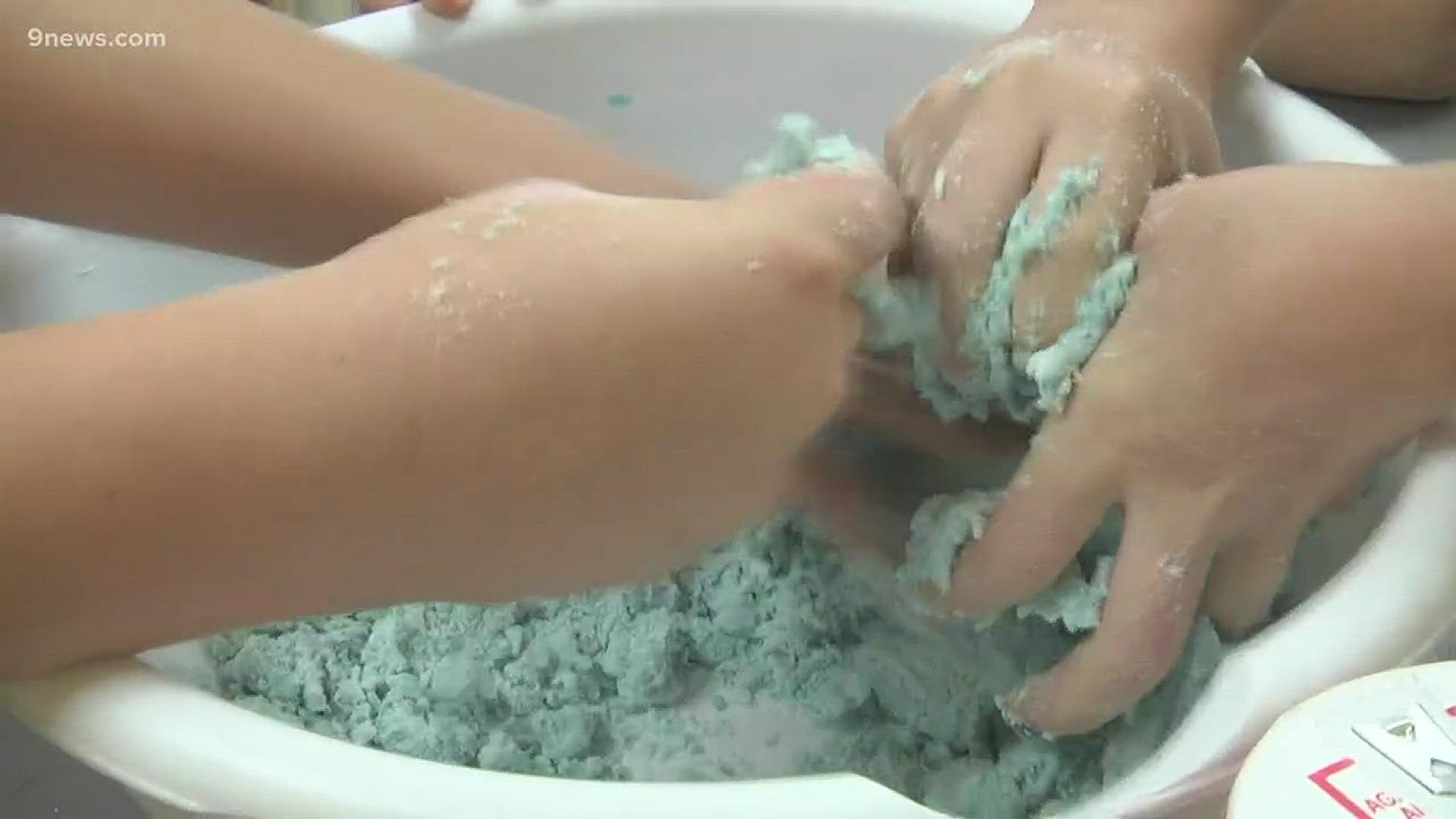Mumps, measles and the flu are making headlines this week in Colorado.
On Tuesday, a letter went out to parents at Bright Horizons Montessori at Greenwood Plaza about a possible mumps outbreak.
Immigration and Customs Enforcement has confirmed a case of the mumps at its GEO Center in Aurora where it keeps detainees.
Two children have died from the flu in Colorado, according to the latest numbers from the Colorado Department of Public Health and Environment.
Flu basics
The flu season runs between October and May, with a peak during December-February. So far, we have had 2 pediatric deaths this flu season here in Colorado.
Kids under 5 years old, especially 2 years and younger, are most at risk for the flu. Infants under 6 months old who can’t get the vaccine are extremely high risk.
That is why it is so important to make sure anyone who is around your infant is vaccinated. This is the idea of “herd immunity” where other people who are vaccinated can help keep you child safe.
All children six months and older should get the flu shot. It takes 2 full weeks to develop antibodies, so the earlier you can get them the shot the better. Infants who are getting their first flu shot ever will need to get two doses, so get started early.
RELATED | 2nd child flu death reported in Colorado
Mumps
Mumps is a virus. There is no treatment, but most people recover on their own.
Mumps can be prevented by getting your MMR vaccine. Mumps is less contagious than chickenpox and measles, but can have complications like infertility, meningitis and brain swelling (encephalitis).
Mumps signs and symptoms from Centers for Disease Control:
- Fevers
- Headache
- Muscle aches
- Tiredness
- Loss of appetite
- Swollen and tender salivary glands under the ears on one or both sides (parotitis)
Symptoms usually start as non-specific, but the incubation period can be anywhere from 12-25 days. Mumps is spread by droplets and indirectly by touching surfaces someone who has mumps has touched.
Measles
Get your children vaccinated!
The study by Dr. Andrew Wakefield linking the MMR (mumps, measles, rubella) vaccine to autism was fabricated, the doctor had his license taken away and the study retracted in 1998. But, the aftereffects of this fabricated study has caused a public health crisis.
Infants 12-15 months old should have their first MMR dose, and get their second MMR dose at 4-6 years old.
In cases where there is an epidemic, like in the Northwest, some pediatricians are also proposing kids get their first and second shot earlier. Talk to your pediatrician about your child’s vaccine schedule.
Measles is very contagious and completely preventable. But the consequences of getting measles can include brain swelling, pneumonia and even death.
Vaccines save lives.
Have a medical question or health topic idea?
Email Dr. Comilla at comilla.sasson@9news.com

